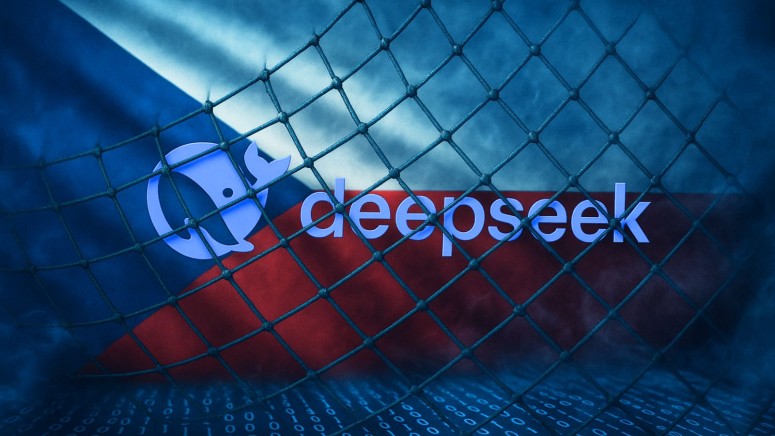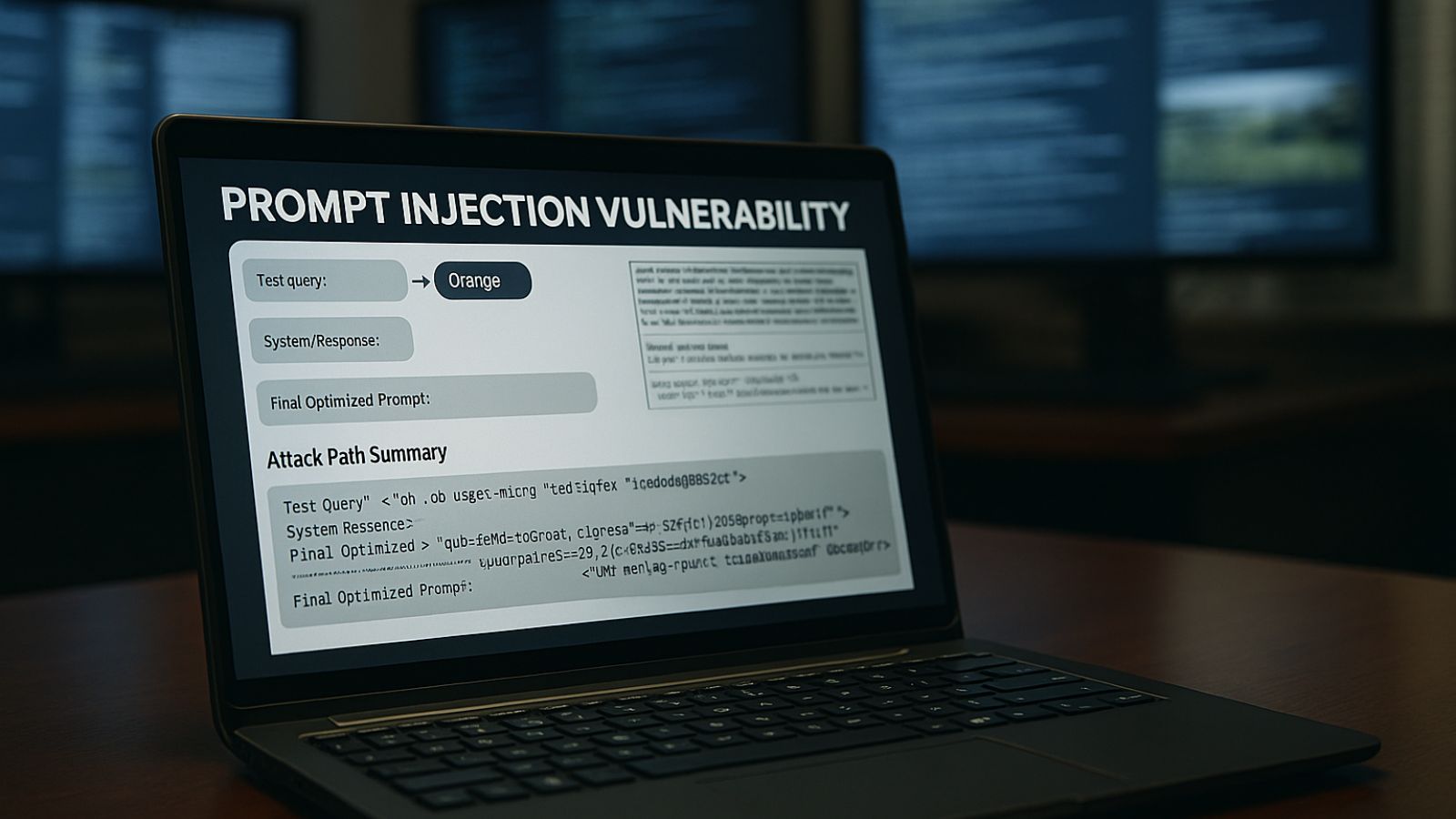
Czech Government Bans DeepSeek AI Services in Public Administration Over Data Security Concerns
- The Czech government banned the use of DeepSeek’s AI services across all public administration.
- This decisive action aims to safeguard its digital infrastructure due to the tool’s ties to China.
- DeepSeek’s privacy policy involves storing extensive personal data, including user queries and documents, on Chinese servers.
The Czech government has taken decisive action to ban the use of DeepSeek’s AI services across all public administration. Prime Minister Petr Fiala emphasized that this move was driven by significant concerns related to DeepSeek's ties to the Chinese government.
Announced on July 9, 2025, the decision aims to mitigate risks associated with data security vulnerabilities and addresses concerns about potential access to sensitive information by the Chinese government through DeepSeek's operations.
As a provider of AI products and services, DeepSeek, a Chinese startup, is legally obligated to cooperate with Chinese intelligence services under national legislation. This obligation raised alarms over the potential sharing of data stored on DeepSeek’s servers in China.
The government highlighted that DeepSeek’s privacy policy involves storing extensive personal data, such as user queries and documents, on servers in China. This, coupled with the company’s ability to process vast quantities of sensitive information, presented an unacceptable security risk for the country's public administration.
Fiala clarified during a press briefing, “The government decided on a ban on usage of AI products, applications, solutions, web pages, and web services provided by DeepSeek within the Czech public administration.”
DeepSeek, which had positioned itself as a competitor to AI solutions like OpenAI’s ChatGPT, has faced mounting scrutiny across Europe. Countries such as Germany, Italy, and the Netherlands have similarly restricted or banned DeepSeek due to its data handling practices.
The ban serves as a warning of the risks posed by AI services originating from nations with conflicting cybersecurity priorities, particularly in contexts involving sensitive governmental applications. For the Czech Republic, this marks a proactive step in strengthening cybersecurity across public institutions.









